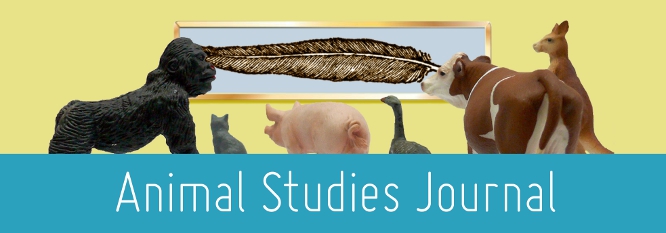Home > assh > ASJ > Vol. 8 (2019) > No. 2

Abstract
Paola Cavalieri’s article provides an incisive account of the current state of affairs in pro-animal discourse and activism. Taking her bearings from a radical pro-animal commitment to interspecies egalitarianism, Cavalieri expertly describes the shift that has taken place over the past decade from a focus on an ethics of personal purity to a politics of structural change. She correctly underscores the point that an individualistic ethic that prioritizes changes in personal consumption is ultimately unable to effect the kinds of widespread institutional change necessary to address and ameliorate the currently intolerable situation faced by billions of domesticated and wild animals. The shortcomings of this sort of individualistic animal ethics have opened the door to a variety of sophisticated and refined versions of pro-animal politics aimed at structural transformation, ranging from extensions of classical liberalism to modified forms of anarchism. Cavalieri’s critical analysis of the promises and pitfalls of the liberal approach to pro-animal politics – which boldly raises the question of the political standing of animals only to surrender (in many cases) the ideal of species egalitarianism that motivates the radical position – is persuasively presented. Likewise, she helpfully pinpoints important advances and limitations among the more explicitly radical political strategies of key critical animal studies theorists and activists, who share her radical and unyielding commitment to animal equality but have thus far not articulated a convincing account of how their ideals might be realized at the political level.
Recommended Citation
Calarco, Matthew, On the Advantages and Disadvantages of Alliance Politics for Animal Liberation: A Response to Paola Cavalieri, Animal Studies Journal, 8(2), 2019, 51-54.Available at:https://ro.uow.edu.au/asj/vol8/iss2/6
Included in
Agricultural and Resource Economics Commons, Art and Design Commons, Art Practice Commons, Australian Studies Commons, Communication Commons, Creative Writing Commons, Digital Humanities Commons, Education Commons, English Language and Literature Commons, Feminist, Gender, and Sexuality Studies Commons, Film and Media Studies Commons, Fine Arts Commons, Legal Studies Commons, Linguistics Commons, Philosophy Commons, Political Science Commons, Public Health Commons, Race, Ethnicity and Post-Colonial Studies Commons, Sociology Commons, Theatre and Performance Studies Commons

